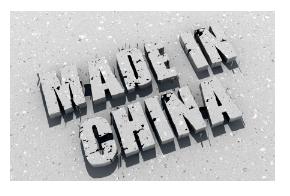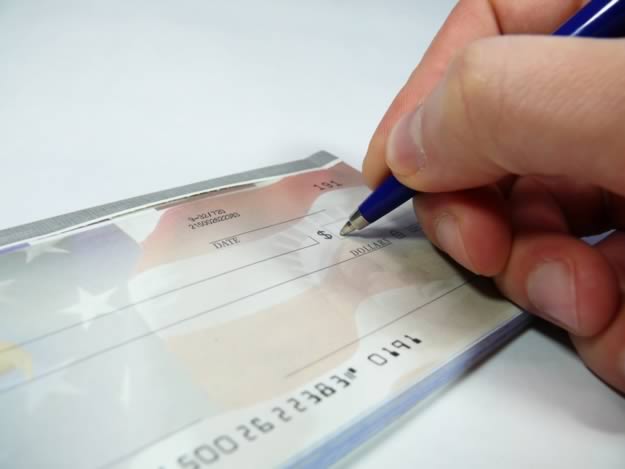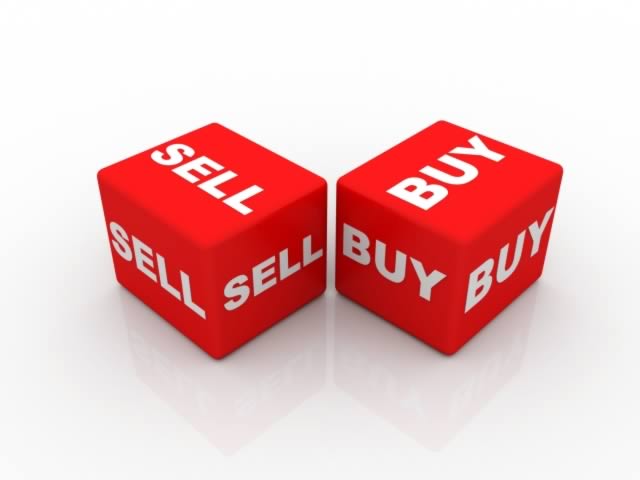6 signs your date is a financial dud
Published 1/28/11 (Modified 3/22/11)  By MoneyBlueBook
By MoneyBlueBook
Dating is like walking on a minefield: You never know what your next step will bring. Now to make it even harder, dating experts are adding a new twist.
It used to be as easy as intuition, dinner and a movie, but now experts say that financial compatibility is an important factor in finding the right person. If turns out that if the man or woman you are dating is a financial mess, they can take you down with them.
If you survived the dating battlefield like me and are now married, you probably have some of your own war stories. But if you are still out there in dating never-never land, you may need a little help. I can give you a few tips on how to figure out if your date is a financial dud.
You just have to read the signs:
1. Overspends like crazy
If your date keeps trying to impress you with how much everything they own costs, you might think twice about your future with them. Wild spending can lead to all kinds of financial problems as witnessed by the record number of mortgage defaults and credit card delinquencies seen in the last couple of years. If your date seems overly impressed by their own spending, it may be that they are forgetting an important fact: Eventually they have to pay for it all.
2. Leases to impress
Although it is not a set rule, in most
Read the full article » By Clark Schultz
By Clark Schultz  By Marcia Passos Duffy
By Marcia Passos Duffy  By Michele Lerner
By Michele Lerner  By Richard Barrington
By Richard Barrington